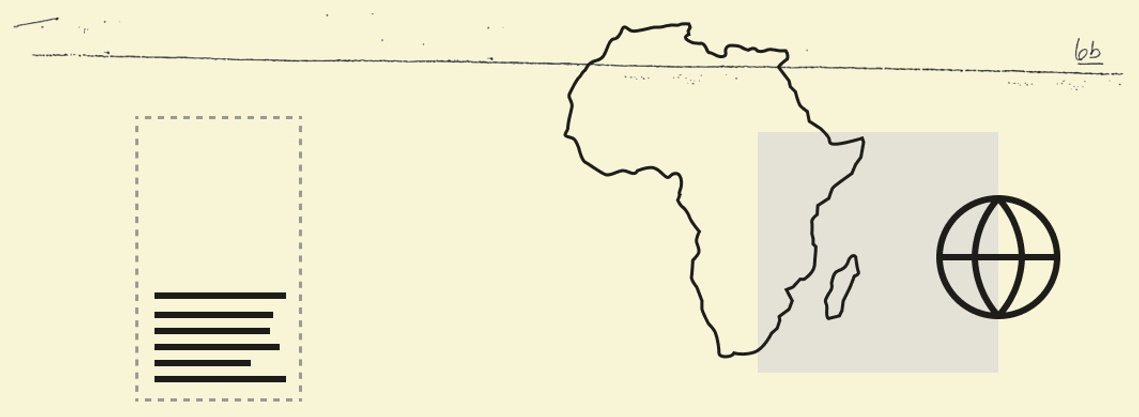 Business & Macro🇿🇦 South Africa’s central bank kept its main rate unchanged to hedge against uncertainties stemming from US trade policy and the broader global economy. 🇨🇲 Restitution for Africa, a collective of NGOs in Cameroon, Côte d’Ivoire, Ghana, Guinea, and Togo, alleged in a legal complaint that French businessman Vincent Bolloré and his ports company Bolloré Group engaged in money laundering in Africa. 🇪🇹 Ethiopia introduced a new tax on residents to create an Ethiopian Disaster Risk Response Fund, plugging the financing gap created by the end of USAID inflows into the country. Climate & Energy🇨🇮 Italian oil and gas company Eni increased its gas supply to Côte d’Ivoire’s electricity generation to 70 million cubic feet per day. 🇳🇬 The Dangote Refinery in Nigeria paused its sale of refined fuel to local distributors in the naira currency to “avoid a mismatch” between its dollar costs of buying crude oil and naira earnings. Geopolitics & Policy🇪🇹 Ethiopia’s Prime Minister Abiy Ahmed said his country is not looking to start a war with its neighbor Eritrea over access to the Red Sea and wants to negotiate “to work together.” 🇷🇼 Rwanda received the head of world cycling’s backing to host the Road World Championships in Kigali this September, the event’s first presence in Africa, amid human rights concerns over its involvement in a war in DR Congo. Tech & Deals🌍 Sweden’s development fund Swedfund will invest €15 million ($16 million) in AfricInvest Small Cap Fund, a private equity fund focused on small business in Africa. The fund received a €10 million ($11 million) commitment from France’s Proparco earlier this year. 🇳🇬 Cash transactions in Nigeria dropped 59% in the decade up to 2024, according to data by payment technology company Worldpay, driven by increased adoption of digital payments. |